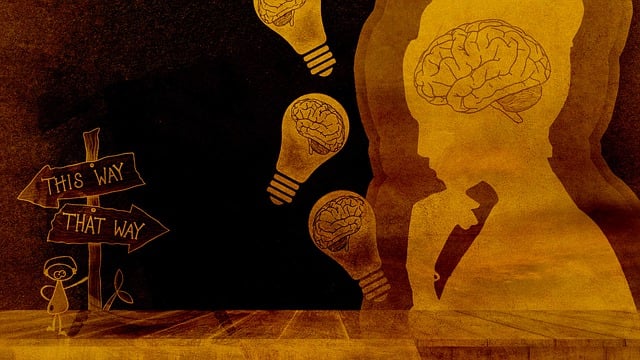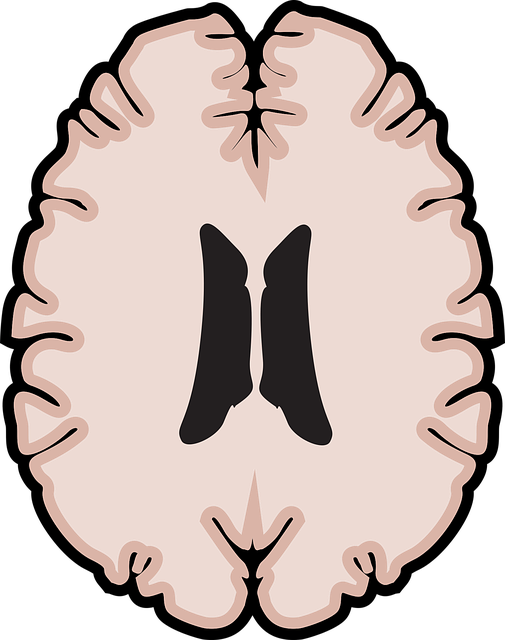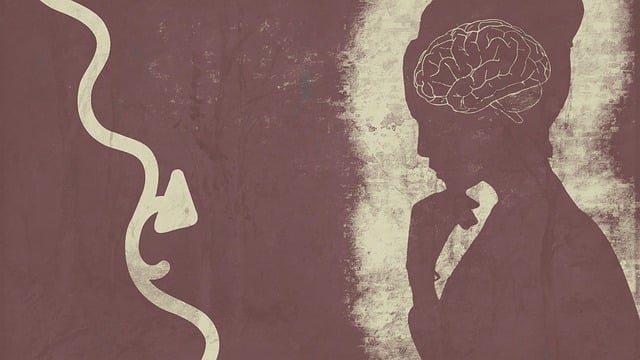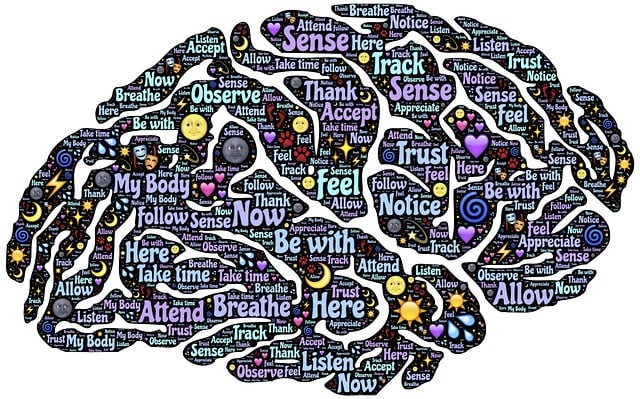The media's portrayal of mental illness significantly shapes public understanding, often perpetuating stereotypes through simplistic and dramatic depictions. This misrepresents conditions like depression, anxiety, and bipolar disorder, potentially isolating affected individuals and discouraging support-seeking behaviors. However, a positive shift is emerging with initiatives promoting accurate representation, such as Mental Health Education Programs and Self-Care Routine Development. Strategies like encouraging self-awareness among media creators and involving experts in content creation ensure more nuanced portrayals. Littleton Terminal Illness Therapy (LTIT) is a community initiative transforming mental health representation by offering innovative techniques for emotional well-being, resilience, and hope, challenging conventional narratives around mental illness.
In today’s digital age, media representation of mental illness significantly shapes public understanding and attitudes. This article delves into the current state of mental health depiction in media, highlighting challenges and stereotypes that contribute to the pervasive stigma surrounding these conditions. We explore the profound impact of accurate portrayals on shifting societal perceptions. Furthermore, it presents strategies to enhance media narratives and features a case study of Littleton Terminal Illness Therapy, showcasing positive changes through empowered representation.
- Understanding Mental Illness Representation in Media: The Current State
- Challenges and Stereotypes: How Media Contributes to Stigma
- The Impact of Accurate Portrayal on Public Perception
- Strategies for Improving Media Depictions of Mental Health
- Littleton Terminal Illness Therapy: A Case Study for Positive Change
Understanding Mental Illness Representation in Media: The Current State

The media plays a significant role in shaping societal perceptions of mental illness. Currently, representation in films, television shows, and news outlets often falls short, perpetuating stereotypes and misinformation. Common portrayals tend to reduce complex conditions to simplistic narratives for dramatic effect, leaving audiences with limited or distorted views of what these disorders entail. This is particularly concerning given the high prevalence of mental health issues globally, emphasizing the need for accurate and nuanced media representation.
For instance, conditions like depression, anxiety, or bipolar disorder are frequently depicted as solely emotional or temperamental, ignoring the biological, psychological, and social factors that contribute to these illnesses. Such one-dimensional representations can further isolate individuals living with mental health challenges and deter others from seeking necessary support, including Littleton terminal illness therapy. However, there is a growing movement towards more authentic portrayals, with initiatives focused on Mental Health Education Programs Design and promoting Self-Care Routine Development for Better Mental Health as essential tools to combat these issues.
Challenges and Stereotypes: How Media Contributes to Stigma

Media representation plays a pivotal role in shaping public perception about mental illness, often perpetuating harmful stereotypes and contributing to stigma. The portrayal of individuals with terminal illnesses in movies, television shows, and news media can either foster understanding or reinforce misconceptions. Common challenges include oversimplifying complex conditions, using mental health struggles as a plot device rather than an authentic reflection, and depicting characters in extreme states without exploring recovery or resilience.
These negative representations can lead to the stigmatization of those facing mental health issues. For instance, media often portrays people with terminal illnesses as either hopeless cases or dramatic individuals, neglecting the nuances of individual experiences. Such stereotypes can hinder empathy and understanding, making it challenging for viewers to relate or offer support. This is where therapeutic approaches like Mind Over Matter principles, Compassion Cultivation Practices, and Crisis Intervention Guidance can be instrumental in challenging these narratives and promoting a more accurate, sensitive, and compassionate portrayal of mental illness in the media.
The Impact of Accurate Portrayal on Public Perception

The media plays a pivotal role in shaping public understanding and perception of mental illness. An accurate and nuanced portrayal can significantly impact how society views and treats individuals struggling with various conditions, such as depression or other terminal illnesses. When media represents mental health challenges truthfully, it helps to reduce stigma and promotes empathy among viewers. This shift in perspective can lead to increased acceptance and support for those seeking therapy, like Littleton Terminal Illness Therapy, encouraging others to openly discuss their struggles.
A balanced depiction of the experiences associated with mental illness empowers people to recognize symptoms in themselves or loved ones and seek appropriate help. By incorporating effective conflict resolution techniques and communication strategies, media narratives can offer valuable insights into depression prevention. This, in turn, fosters a more compassionate and informed community, where individuals feel empowered to break free from societal barriers and pursue treatment without fear of judgment.
Strategies for Improving Media Depictions of Mental Health

Media has a significant impact on shaping societal perceptions, and its portrayal of mental illness can influence public understanding and attitudes. To improve representations, several strategies can be implemented. Firstly, encouraging self-awareness exercises and mindfulness meditation practices among media creators can foster more accurate and empathetic storytelling. This helps in humanizing individuals with mental health struggles, moving away from stereotypical narratives.
Additionally, initiatives focused on mental illness stigma reduction efforts are crucial. By involving experts, advocates, and individuals with lived experiences in the creation process, media platforms can ensure a more nuanced and respectful portrayal of different mental health conditions. This collaborative approach can lead to more accurate depictions, challenging societal norms, and promoting Littleton terminal illness therapy as a viable solution for those in need.
Littleton Terminal Illness Therapy: A Case Study for Positive Change

Littleton Terminal Illness Therapy (LTIT) stands as a shining example of how community initiatives can significantly improve mental health representation in media and society at large. This therapeutic approach, born out of a need to address terminal illness-related trauma, has evolved into a comprehensive program that promotes emotional well-being. LTIT offers a safe space for individuals grappling with profound loss and provides them with the tools necessary for self-care routine development.
Through innovative techniques designed to enhance emotional well-being promotion, LTIT challenges conventional narratives around mental illness, focusing on resilience and hope rather than despair. By integrating trauma support services, the program equips participants with coping strategies that enable them to navigate life’s hardships. This holistic approach not only promises positive change for individuals but also sets a precedent for more nuanced and empathetic portrayals of mental health issues in media, fostering a culture where self-care is prioritized and emotional well-being is celebrated.
In conclusion, while challenges and stereotypes in media representation of mental illness persist, there is a growing recognition of the power of accurate portrayals to reshape public perception. Strategies for improvement, as exemplified by Littleton Terminal Illness Therapy, offer hope for more nuanced and empathetic depictions. By challenging outdated narratives and adopting inclusive practices, media can play a pivotal role in fostering understanding and reducing stigma surrounding mental health. This collective effort is essential to ensure that stories of resilience and recovery resonate with audiences worldwide.











